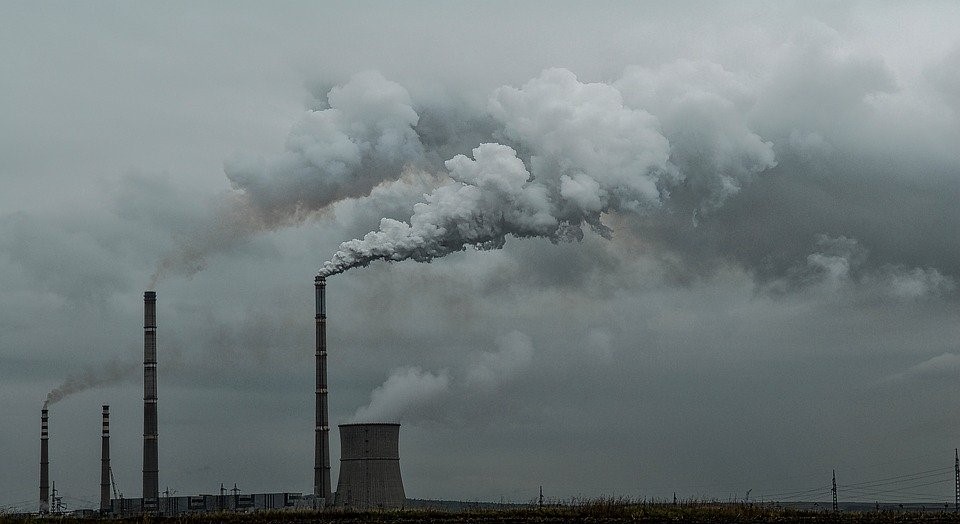‘Women of my age tend to drink’: Understanding how older Australian and Danish women negotiate the pleasures and risks of their alcohol use
When we think of risky drinking, typically we think of young people ‘binge drinking’, passing out on the footpath and generally looking a bit ‘messy’. The media reinforces the notion that drinking is primarily a problem among young people by regularly circulating stories and images of young people being drunk in public and causing problems either to themselves or bystanders. This emphasis on young people’s drinking is not surprising, particularly since they are more likely to drink in public places,...


















1540-6237/asset/SSSA_Logo-RGB.jpg?v=1&s=c337bd297fd542da89c4e342754f2e91c5d6302e)
